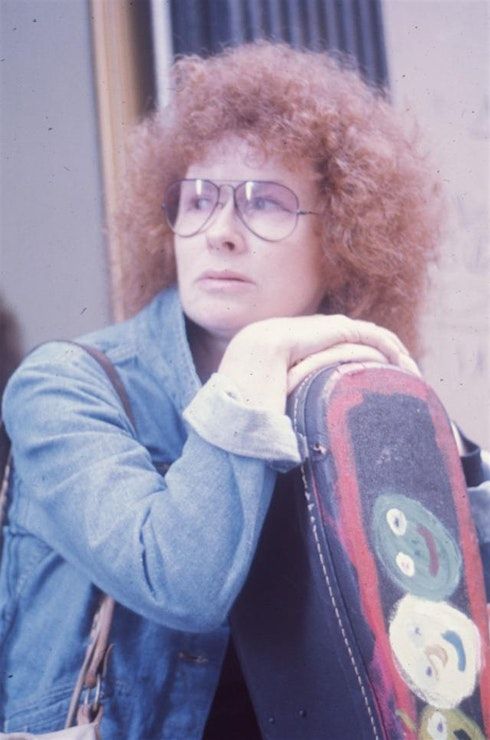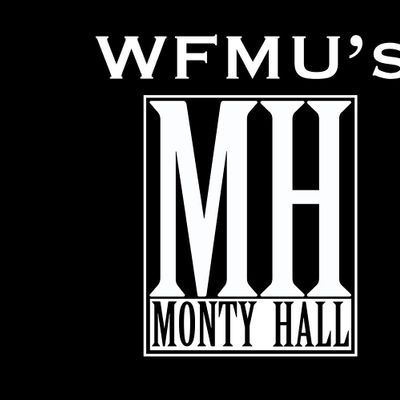
About this Event
Writing and singing the unvarnished truth about one’s buried secret life experiences is more common today than when Dory Previn wrote brilliant, disturbing, and darkly funny songs in the1970s. Previn began as an Academy Award nominated lyricist for Hollywood musicals with songs for Frank Sinatra, Judy Garland & Dionne Warwick before a tabloid scandal and public breakdown led to her re-emergence as a cult artist in the Laurel Canyon scene. The film taps archives for a story in Previn’s voice. J. Smith-Cameron (SUCCESSION) reads the voices in Dory’s head. Dory’s eloquent articulation of her relationship with her voices anticipates the burgeoning Hearing Voices and Mad Pride movements that are revolutionizing how we understand mental health.
The screening will follow a Q&A with the film's Co-Director, Julia Greenberg, Producer, Amy Hobby, and Animator Emily Hubley, followed by a set of Dory songs performed by Julia Greenberg, Joe Mcginty and Jeremy Chatzky.
DIRECTOR’S STATEMENT
This film would never have been made if Co-Director and musician, Julia Greenberg, hadn't heard Dory's Previn’s song "The Holy Man on the Malibu Bus Number Three” on a mixed CD in her friend's car in 2005. Mind blown, it led to a revelatory trip through the songs, career, and psyche of Dory Previn. It began with interpreting her songs in NYC clubs, theater, and radio, meeting Dory and her family, singing at her memorial service, and becoming the unofficial archivist of Dory's rich, historically valuable estate.
When the time came to pack up the archives and donate it to the New York Public Library, Julia’s friend Dianna Dilworth suggested they make a film. As we began to dig through Dory’s archive and interview her family and friends, we uncovered a story of perseverance in the face of sexism in the music business and an enlightening account of her struggle to understand and accept the voices in her head that felt deeply resonant with our current moment. Dory’s astonishingly honest songs address these difficult issues in a uniquely personal style that sounds contemporary today. We set out to make a film that balances Dory’s experience by creating two worlds: the one inhabited by Dory’s public persona –using archival TV and radio interviews– and the deep recesses of her mind – using her songs and journals. This approach reveals how she learned to live with the voices in her head despite societal and institutional pressure to ignore them.
There have been several wonderful music documentaries recently about overlooked women musicians from the 1970s: Karen Dalton, Judee Sill, and the band Fanny. But Dory’s story is unique in several ways. She is the only woman artist who had unheralded success in the waning days of the classic Hollywood film song era, and who then went on to be a cult singer-songwriter in the Laurel Canyon-era of Joni Mitchell and
Carly Simon. Unlike Dalton or Sill, Dory did not flame out and die tragically young. In fact, she did not begin her singer-songwriter career until her mid-forties (an inspiration for women in their middle age, including this film’s all-female team!) and went on to write and create until her eighties.

Event Venue & Nearby Stays
Monty Hall, 43 Montgomery Street, Jersey City, United States
USD 19.00









